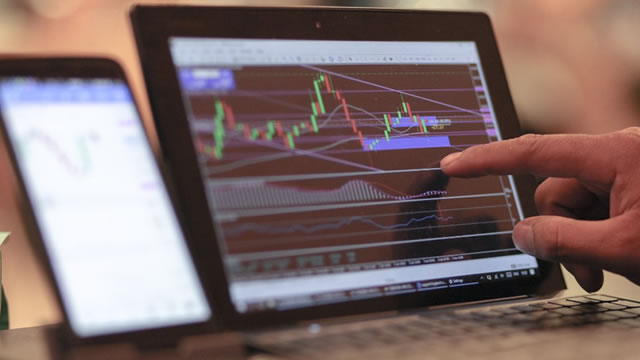Over the last few years, dozens of innovative Forex trading platforms have arisen in the investment market, presenting some serious competition for Metatrader platforms, which were previously industry standards. A rising market looking for such alternatives has been Indian and Pakistani traders; while they’re very familiar with the strengths of MT4 and MT5, many of them are seeing more modern platforms, such as OctaTrader, as a valuable alternative to consider.
Why are Traders Moving Away from Metatrader?
Metatrader platforms have long been the go-to choice for many traders due to their user-friendly interface, powerful analytical tools, and wide range of customization options. However, as newer platforms like OctaTrader continue to innovate and offer unique features, traders are starting to see the value in exploring alternative options.
One of the main reasons traders are moving away from Metatrader platforms is the desire for more advanced features and functionality. OctaTrader, for example, offers a more intuitive user interface, advanced charting tools, and seamless integration with social trading platforms, allowing traders to connect with other like-minded individuals and share strategies.
Additionally, many traders feel that Metatrader platforms have become somewhat stagnant in terms of innovation, with few major updates or improvements in recent years. In contrast, newer platforms like OctaTrader are constantly evolving and introducing new features to meet the changing needs of traders in the fast-paced Forex market.
Furthermore, some traders are looking for platforms that offer better security measures and a more reliable trading environment. With the increased risk of cyber attacks and hacking incidents, traders are seeking platforms like OctaTrader that prioritize data security and encryption to protect their sensitive information.
Ultimately, the shift away from Metatrader platforms towards newer alternatives like OctaTrader reflects the evolving needs and preferences of traders in a rapidly changing market. As technology continues to advance and new options become available, traders are likely to explore different platforms to find the best fit for their trading style and goals.
Effects on Traders:
For individual traders, the transition away from Metatrader platforms to newer alternatives like OctaTrader can have both positive and negative effects. On one hand, exploring different platforms can open up new opportunities for learning and growth, allowing traders to experience different features and tools that may enhance their trading experience.
However, switching to a new platform also comes with challenges, such as the need to adapt to a new interface, learn how to use new tools, and potentially adjust trading strategies to fit the capabilities of the new platform. Additionally, traders may face uncertainties about the reliability and security of the new platform, especially if they have been accustomed to using Metatrader platforms for an extended period.
Overall, the effects of moving away from Metatrader platforms will vary for each individual trader, depending on their unique needs, preferences, and trading goals. By carefully evaluating the benefits and drawbacks of different platforms, traders can make informed decisions about which platform is the best fit for their trading style.
Effects on the World:
The shift away from Metatrader platforms towards newer alternatives like OctaTrader also has implications for the wider Forex market and the global economy. As more traders begin to explore and adopt different platforms, competition in the market is likely to increase, leading to greater innovation and development of new features and tools.
Additionally, the rise of new trading platforms can contribute to the democratization of the Forex market, making it more accessible to a wider range of traders from different backgrounds and regions. This increased accessibility can help to diversify the market and promote greater participation from emerging markets like India and Pakistan.
Furthermore, the adoption of more advanced and secure trading platforms can help to improve overall market stability and reduce the risk of cyber attacks and security breaches. By prioritizing data security and encryption, newer platforms like OctaTrader can better protect traders’ assets and information, creating a safer trading environment for all participants.
In conclusion, the shift away from Metatrader platforms towards newer alternatives like OctaTrader reflects the evolving needs and preferences of traders in the Forex market. While the transition may present challenges for individual traders, it also has the potential to drive innovation, increase market accessibility, and improve overall security and stability. By carefully considering the benefits and drawbacks of different platforms, traders can make informed decisions that align with their trading goals and priorities.





